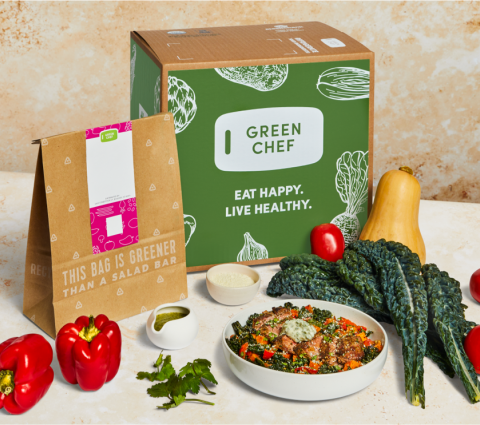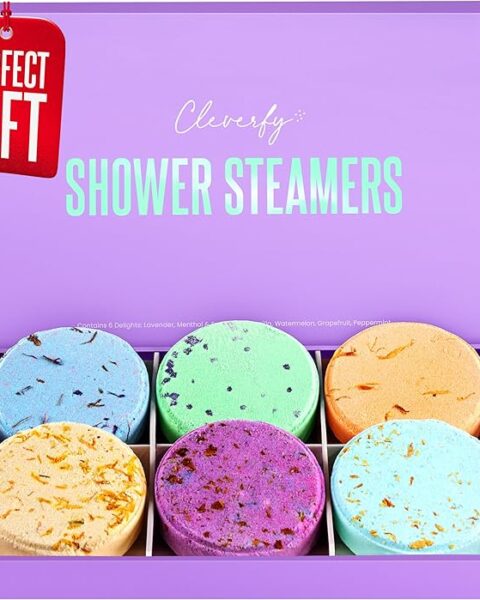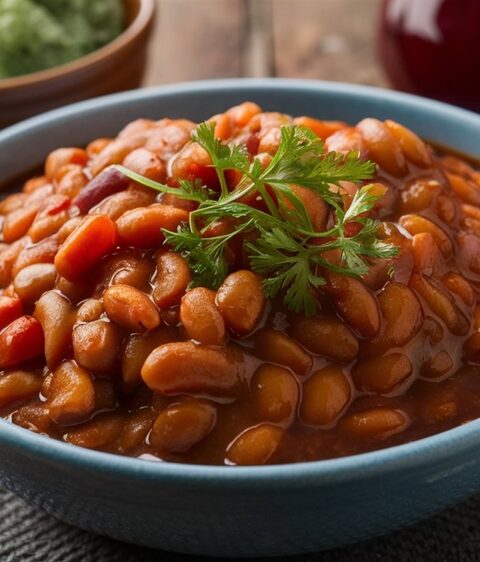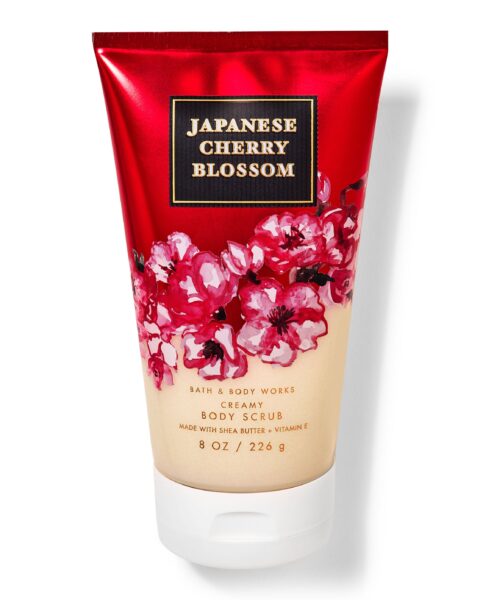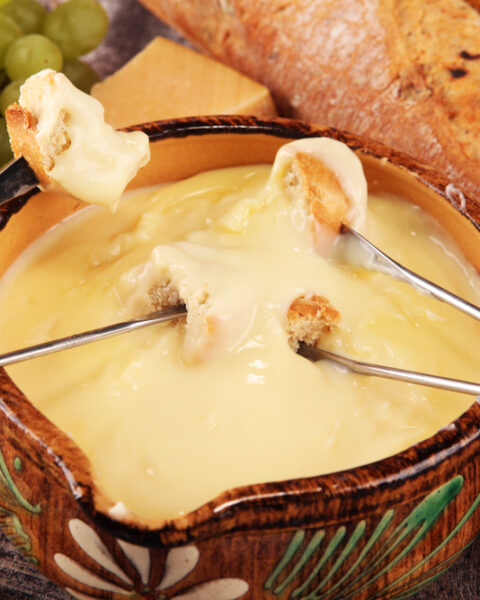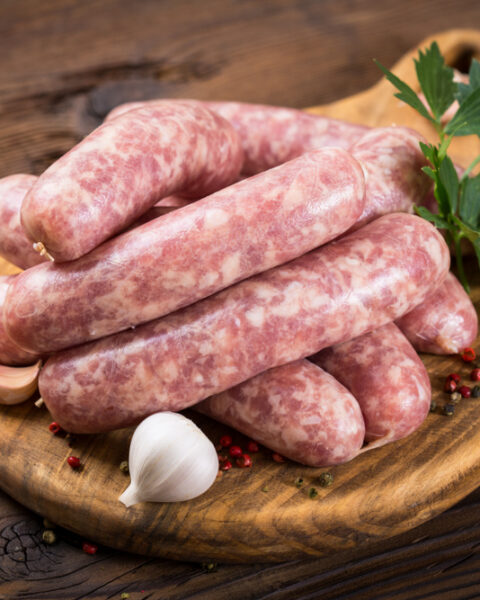Nothing beats the fun of barbecuing in the backyard, but safety should always come first. Grilling can be a blast, but it’s essential to know the right steps to keep everything safe and enjoyable. From setting up your grill in a safe spot to wearing the right protective gear, there are some important tips you need to follow. By being mindful of these safety measures, you can ensure that your barbecuing adventures are both fun and accident-free.
Contents
- 1 Choose a Safe Location
- 2 Check for Gas Leaks
- 3 Preheat and Clean the Grill
- 4 Wear Appropriate Clothing
- 5 Monitor Heat and Use Thermometers
- 6 Keep a Fire Extinguisher Nearby
- 7 Never Leave the Grill Unattended
- 8 Avoid Cross-Contamination
- 9 Manage Flare-Ups
- 10 Practice Safe Storage and Maintenance
- 11 More From RetailShout
- 12 The 15 Best Cereals You Should Try, Ranked
- 13 12 Simple Ways to Make Your Home More Energy Efficient
Choose a Safe Location
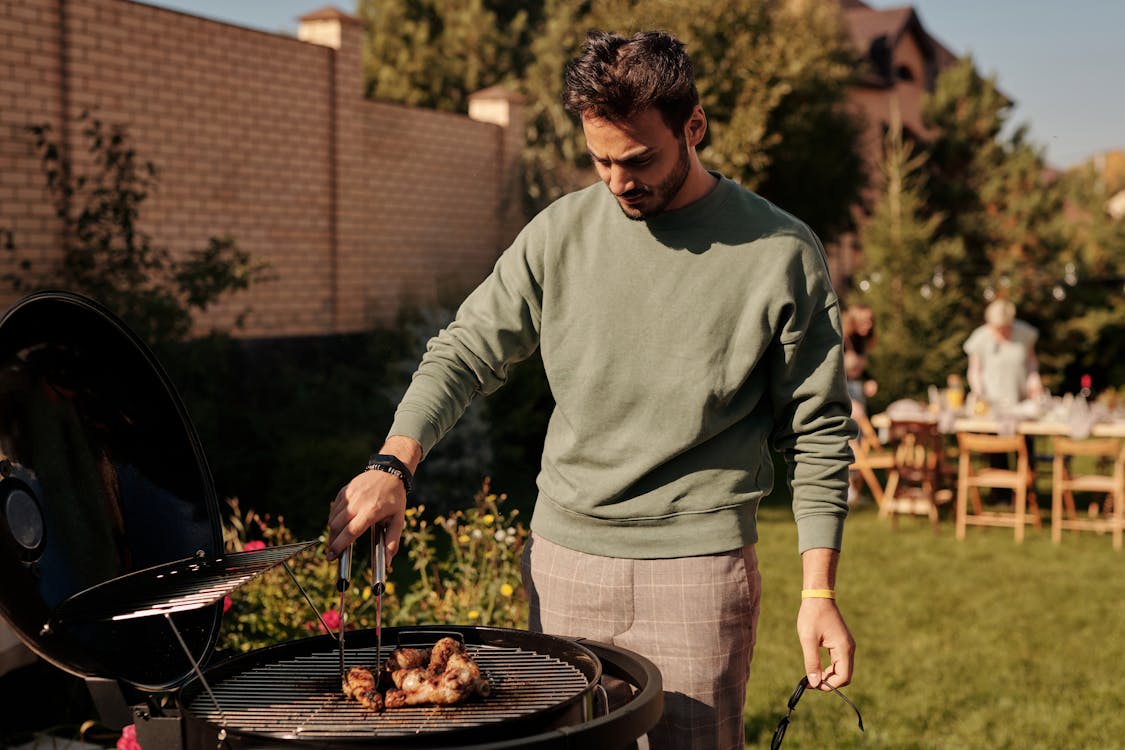
Set up your grill in an open space away from buildings, overhangs, and flammable materials. This minimizes the risk of fire spreading to structures. Ensure the grill is on a flat, stable surface to prevent tipping. Keep pets and children away from the grilling area. Proper ventilation is crucial to allow smoke to escape safely.
Check for Gas Leaks
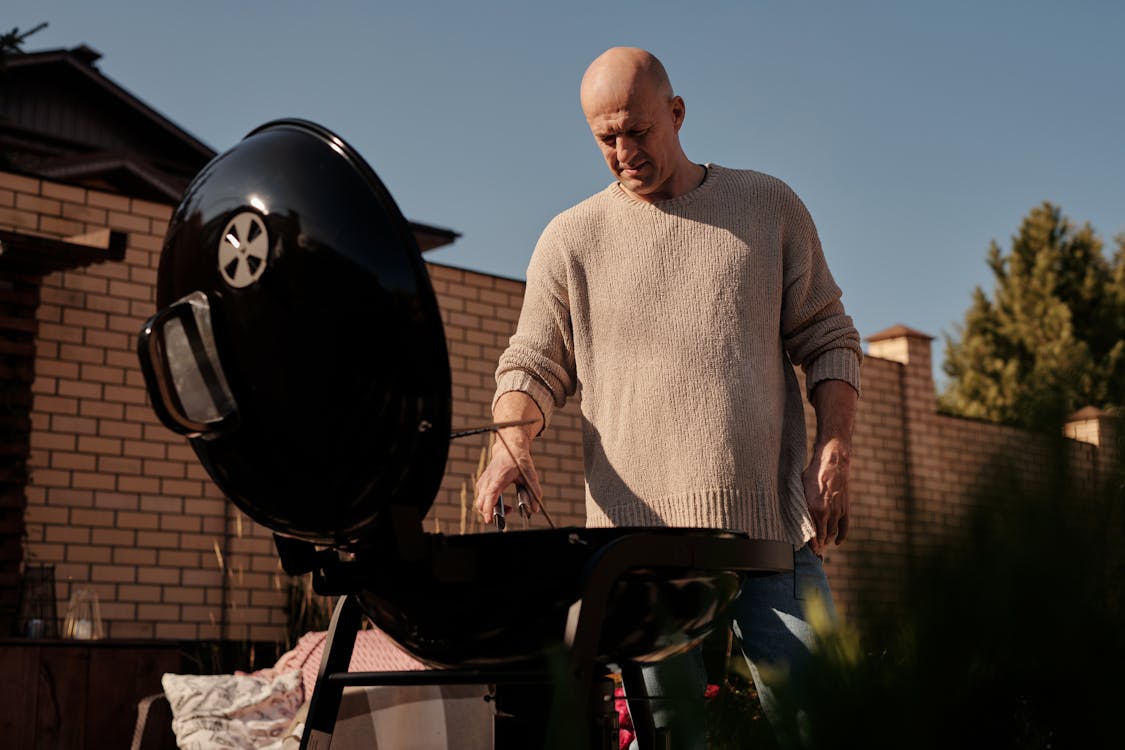
Before using a gas grill, always check for leaks in the gas hose and connections. A simple method is to apply a mixture of soap and water to the hose and connections and then turn on the gas. If bubbles appear, there is a leak that needs to be repaired before use. Regularly inspecting the propane tank and gas lines can prevent potential gas explosions. Always turn off the gas supply after grilling to avoid leaks when the grill is not in use.
Preheat and Clean the Grill
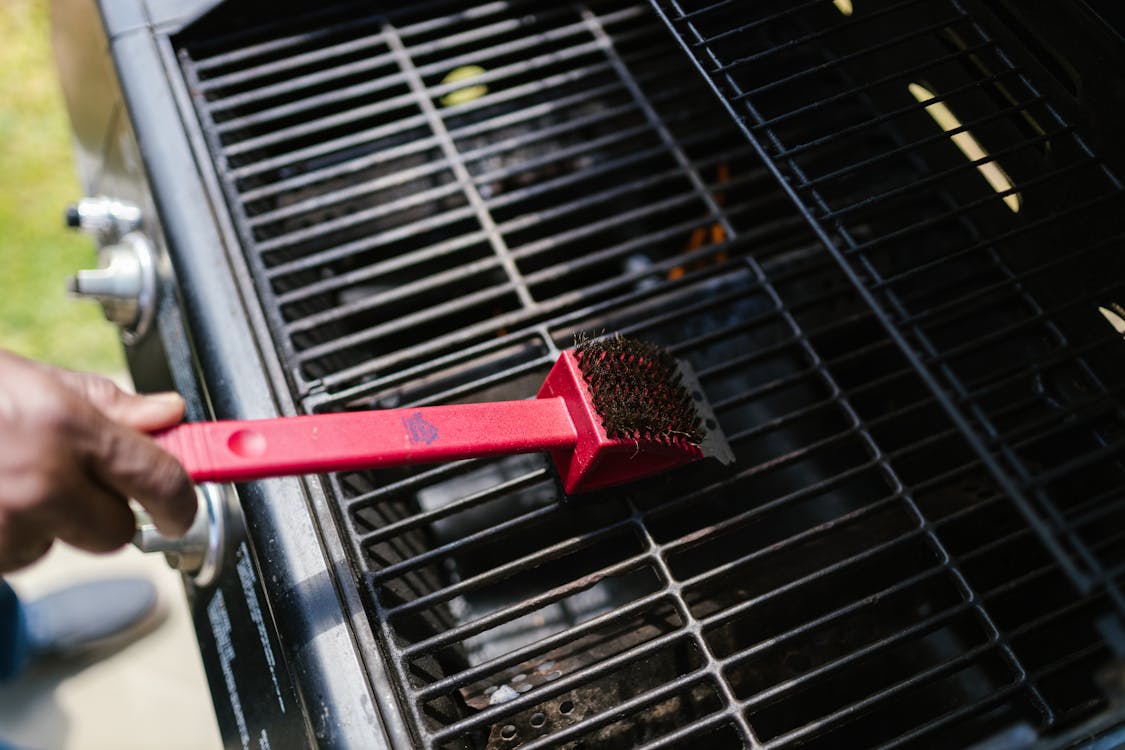
Preheat your grill for 10-15 minutes to kill bacteria and make cleaning easier. Use a stiff bristled brush to remove any food debris from previous cookouts. This prevents old food from contaminating your fresh ingredients. After brushing, apply oil to the grates to prevent sticking. Regular cleaning also helps maintain the grill’s longevity.
Wear Appropriate Clothing
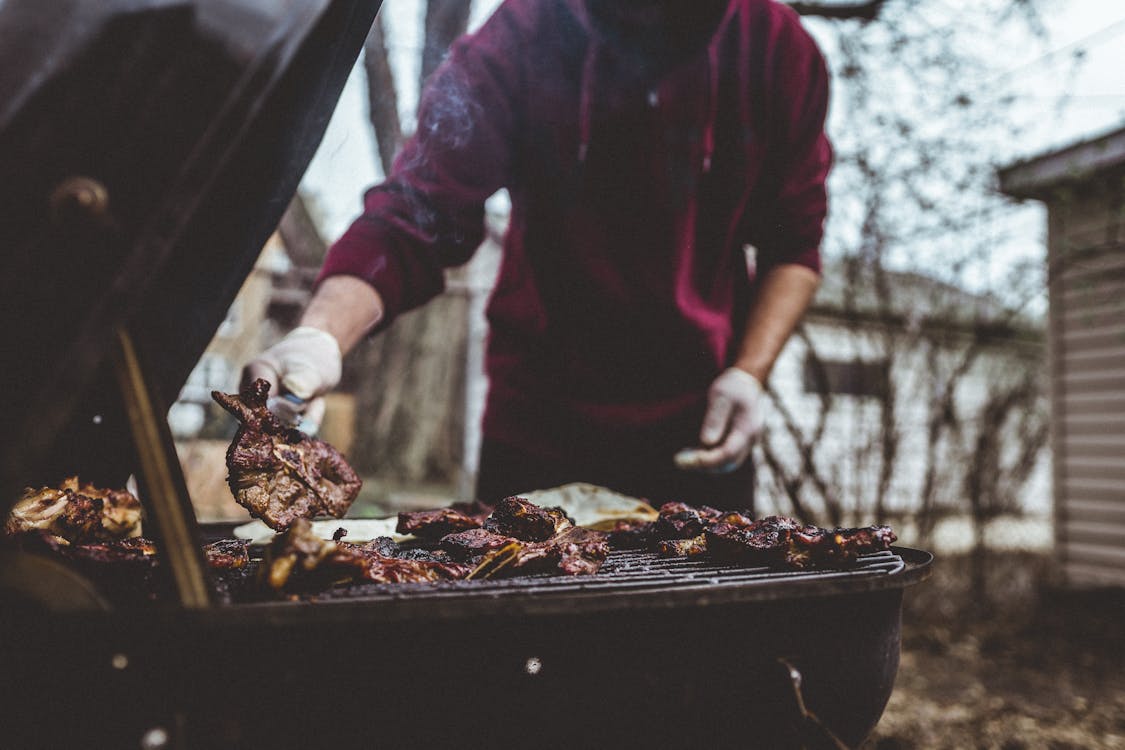
Avoid wearing loose-fitting clothes that can easily catch fire when grilling. Opt for tightly-fitted or short-sleeved clothing, and consider wearing a grilling apron for added protection. Use long-handled grilling tools to keep a safe distance from the heat. Heat-resistant gloves can protect your hands while handling hot items. Wearing closed-toe shoes is also recommended to protect your feet from hot coals or embers.
Monitor Heat and Use Thermometers
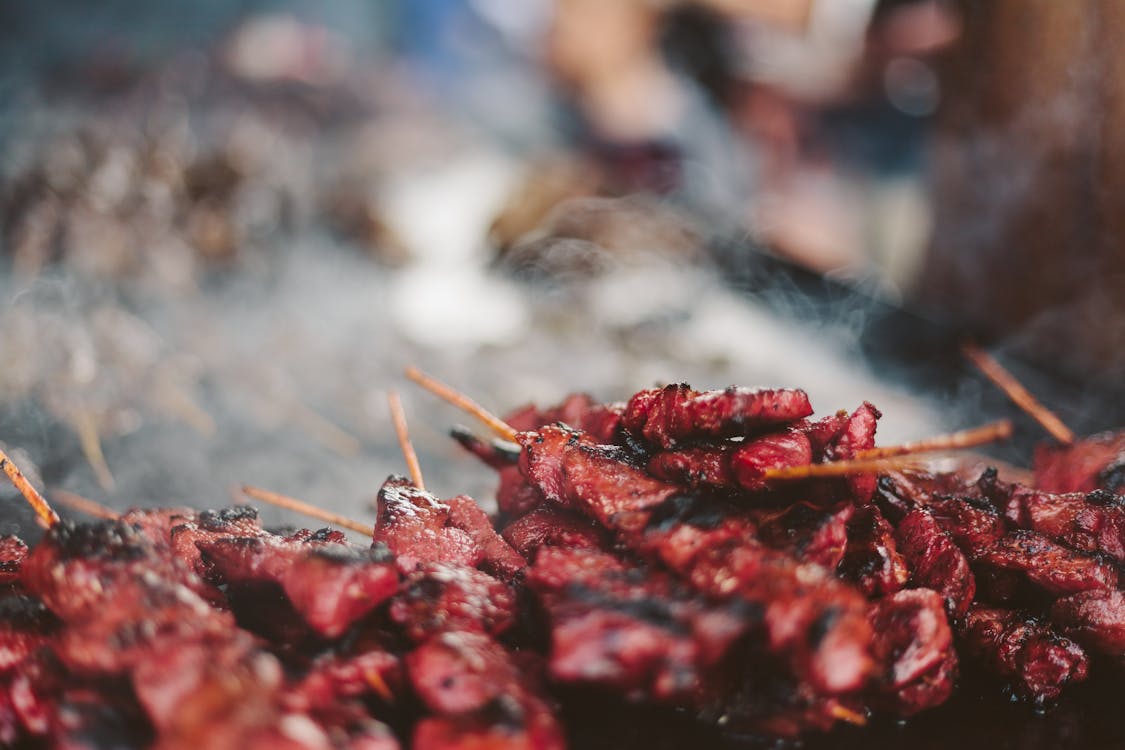
Control the heat by managing the grill’s vents and using a grill thermometer. Create hot and cool zones on the grill for different cooking needs. Use a meat thermometer to ensure meats reach safe internal temperatures, preventing foodborne illnesses. Avoid guessing; accurate temperature monitoring ensures perfectly cooked food.
Keep a Fire Extinguisher Nearby
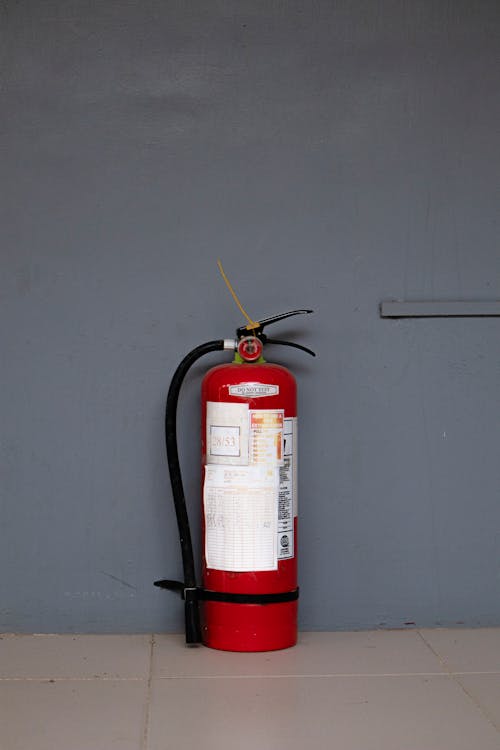
Having a fire extinguisher within reach can be lifesaving in case of a grill fire. Ensure the extinguisher is rated for grease and electrical fires (Class B and C). Know how to use it properly and ensure it is not expired. Additionally, having a spray bottle filled with water can help control small flare-ups. Familiarize yourself and others with the emergency procedure in case of a fire.
Never Leave the Grill Unattended
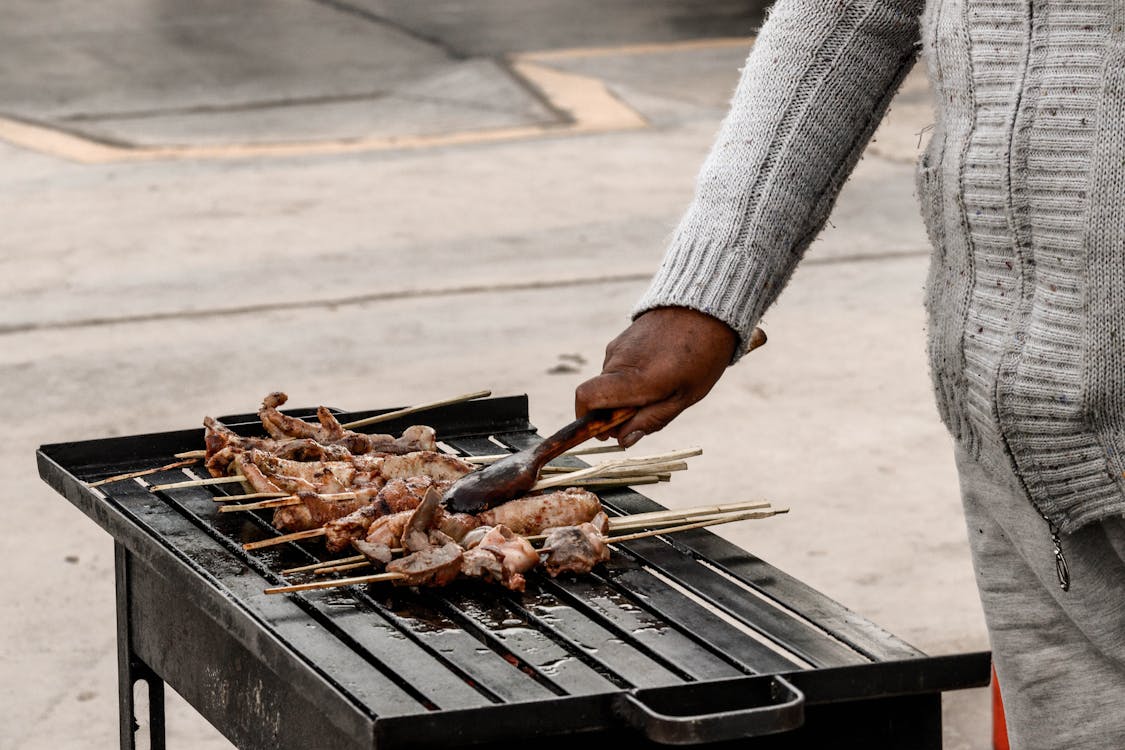
Leaving a grill unattended increases the risk of accidents and fires. Stay near the grill while cooking and keep children and pets at a safe distance. If you need to leave the grill, ask another adult to watch it. This ensures that any flare-ups or other issues are immediately addressed. Constant supervision also allows you to adjust the cooking temperature and prevent food from burning.
Avoid Cross-Contamination
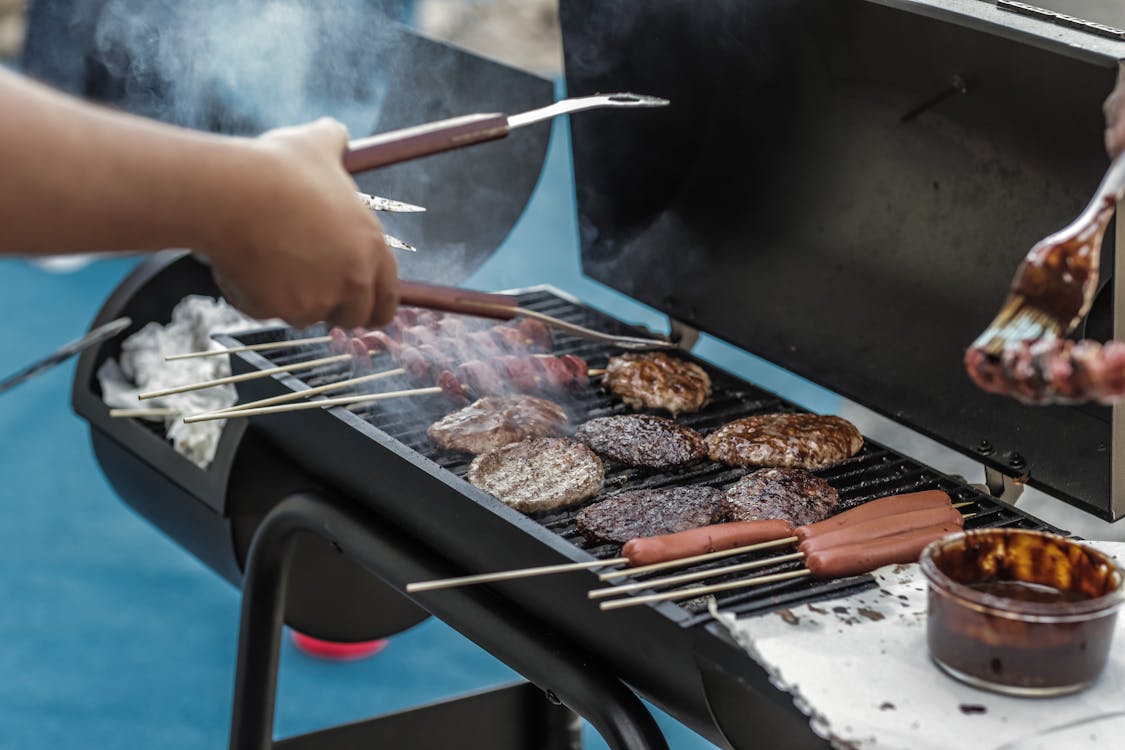
Use separate utensils, plates, and cutting boards for raw and cooked foods. This prevents the spread of harmful bacteria. Clean utensils and surfaces thoroughly between tasks. Washing hands frequently is also crucial to maintain hygiene and food safety during barbecuing. Additionally, ensure that all raw meat juices do not come into contact with ready-to-eat foods.
Manage Flare-Ups
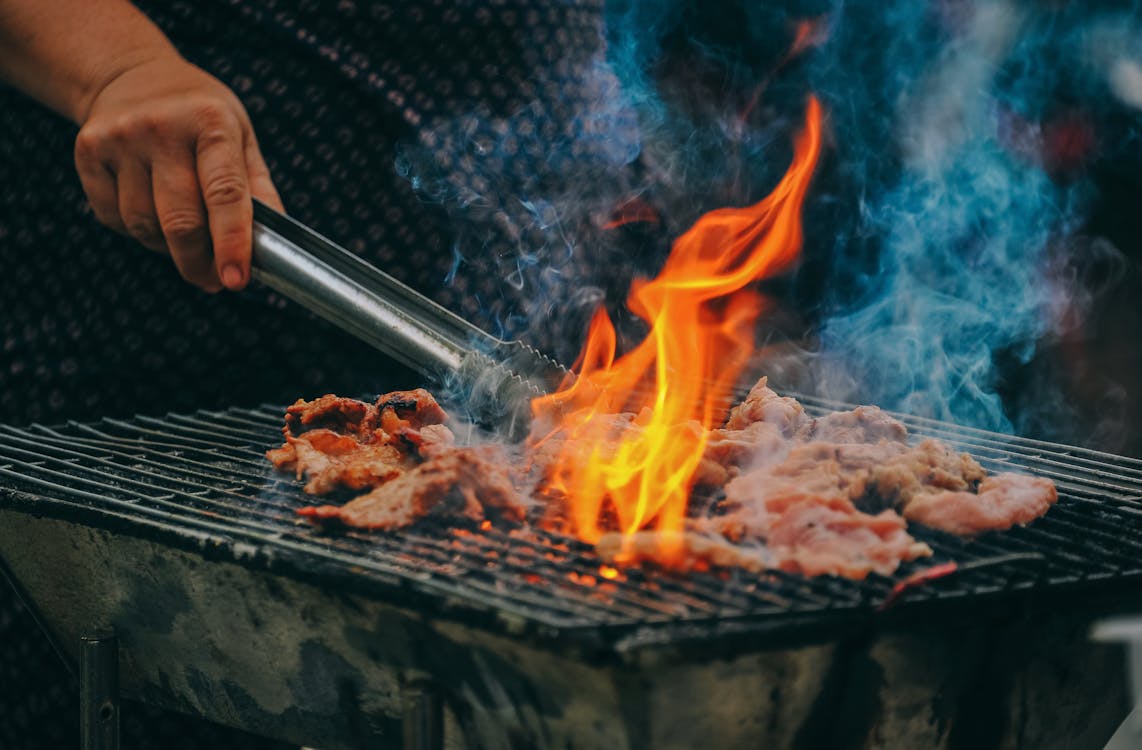
Excess grease and fat can cause dangerous flare-ups. Trim excess fat from meats before grilling to reduce the amount of dripping grease. Place a drip pan under the grill to catch excess grease. If flare-ups occur, move the food to a cooler part of the grill until the flames subside. Regularly cleaning the grease trap and grill surfaces minimizes the risk of grease fires. Have a spray bottle of water on hand to manage small flare-ups without affecting the cooking process significantly.
Practice Safe Storage and Maintenance
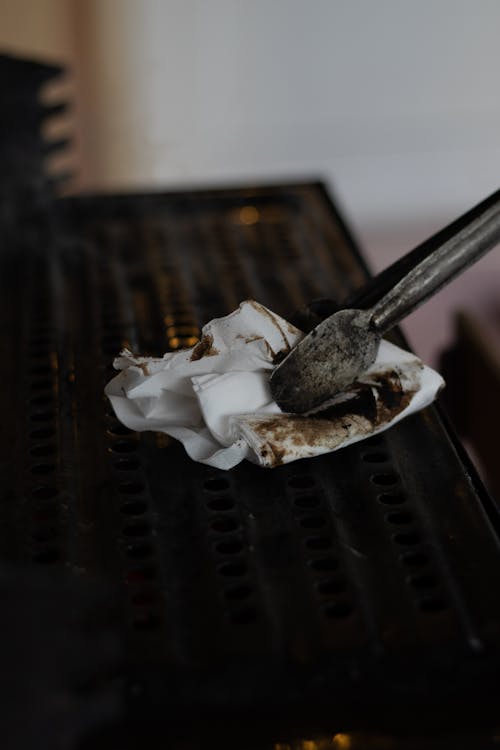
After grilling, allow the grill to cool down completely before cleaning or covering it. Turn off the gas supply and close the grill lid to speed up the cooling process. Dispose of used charcoal and ashes in a metal container once they are completely cool. Store the grill in a safe place, away from flammable materials. Properly cooling down the grill prevents accidental burns and ensures it is ready for the next use.
This article originally appeared on RetailShout
More From RetailShout
16 Delicious Ways To Use Canned Beans And Lentils
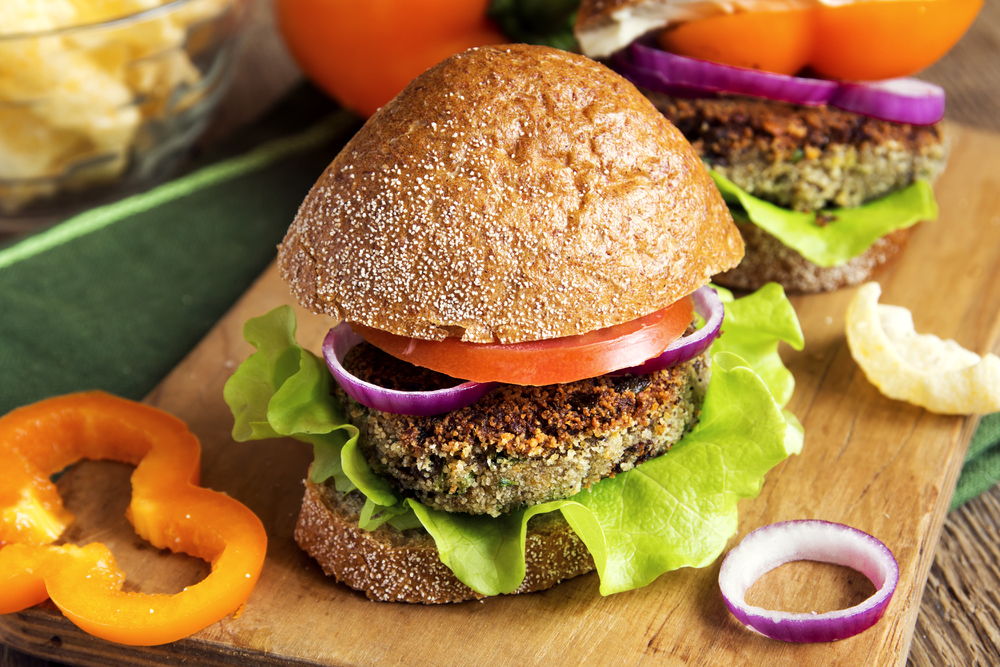
Canned beans and lentils are real lifesavers in the kitchen. They’re affordable, packed with nutrients, and super versatile. Whether you’re whipping up a quick meal after a long day or trying to add more plant-based dishes to your diet, these pantry staples can be transformed into delicious, hearty meals with minimal effort. Read More.
The 15 Best Cereals You Should Try, Ranked
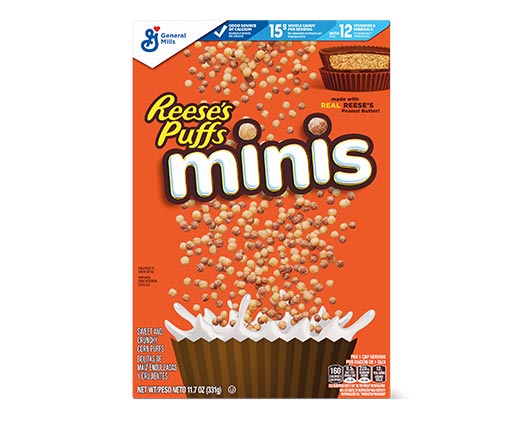
Breakfast cereals are a staple in many households, loved by kids and adults alike. Whether you’re a fan of something sweet, crunchy, or packed with fiber, there’s a cereal out there for everyone. Read More.
12 Simple Ways to Make Your Home More Energy Efficient
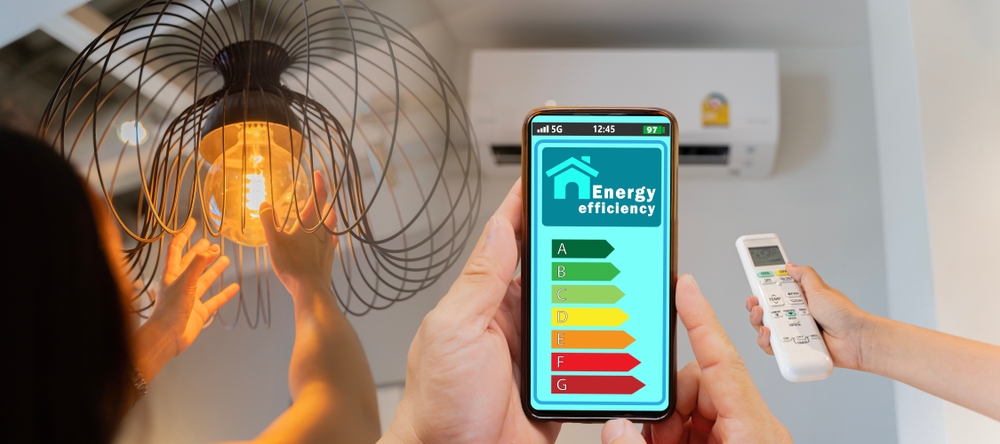
Making your home more energy efficient doesn’t have to be complicated. In fact, with just a few simple changes, you can save money and reduce your environmental impact. These practical tips will help you get started on the path to a greener home. Read More.

